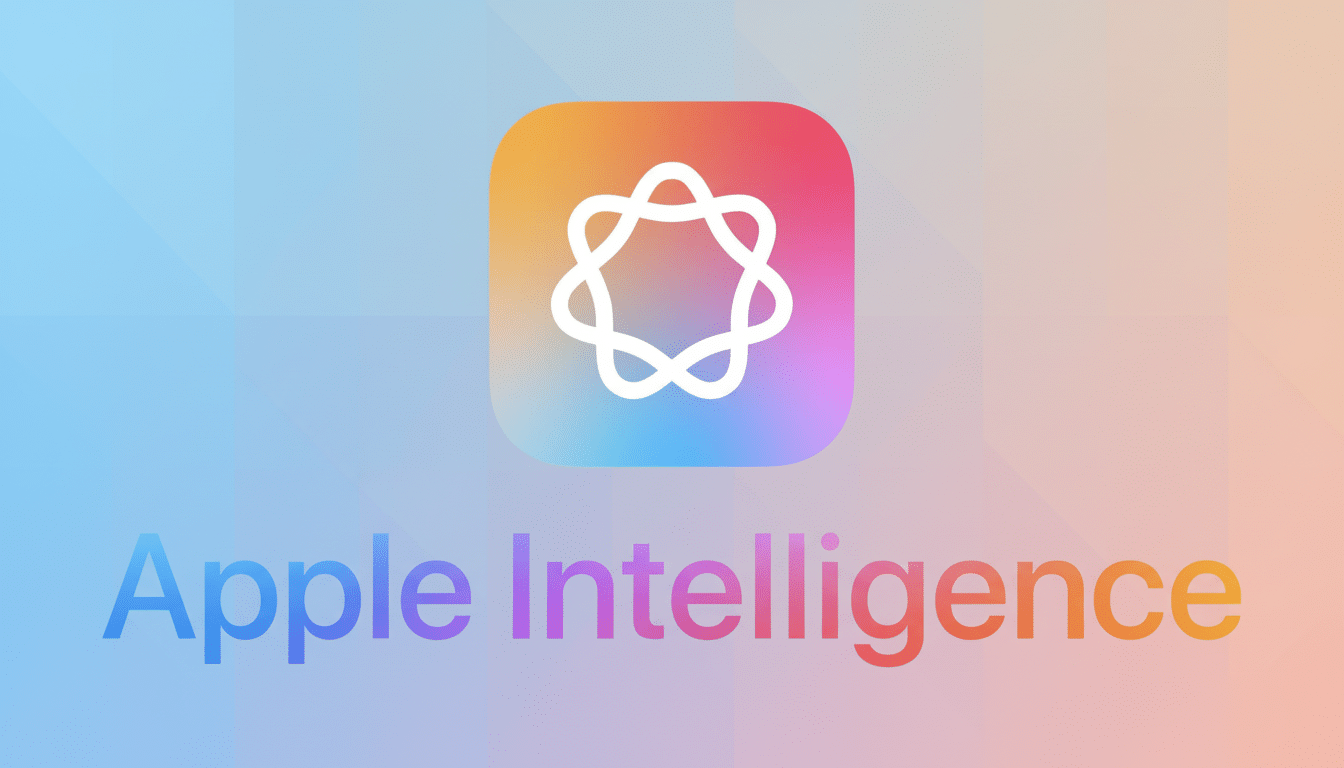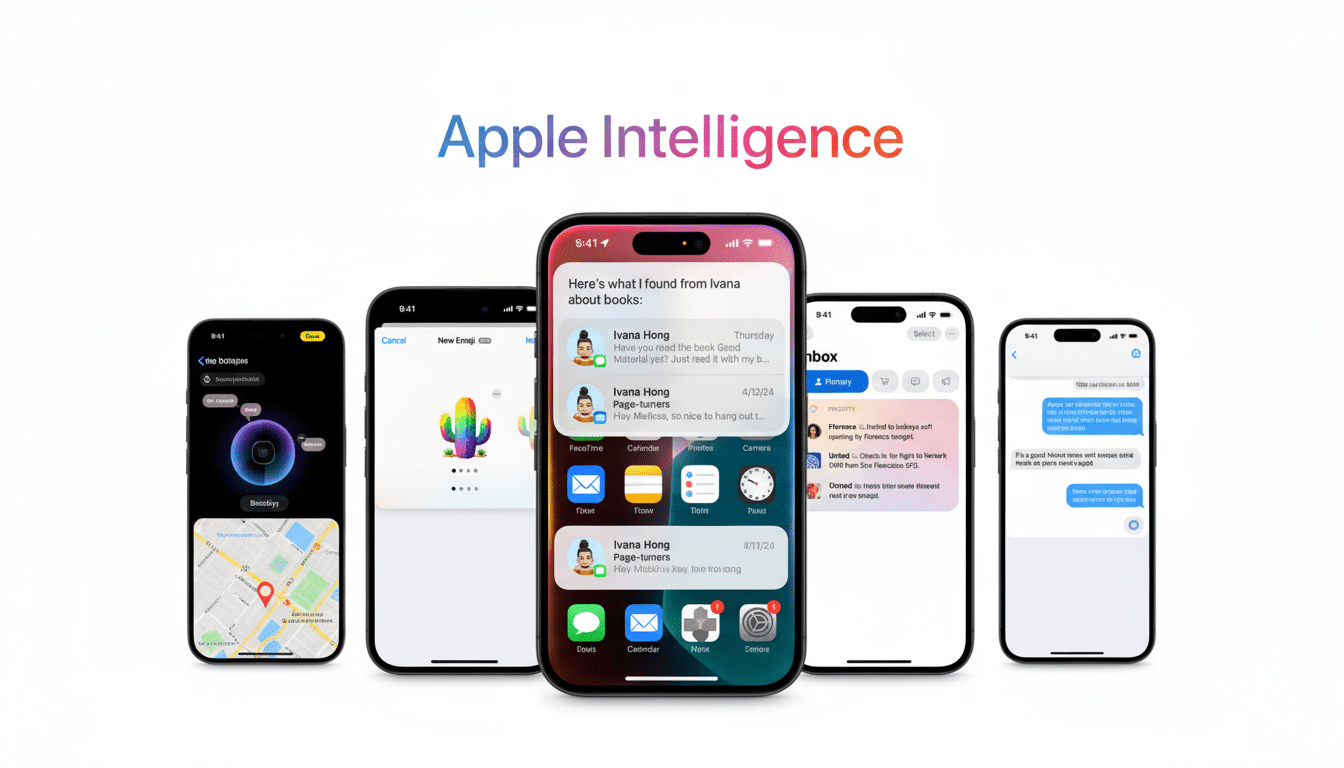One of Apple’s most senior artificial intelligence executives is stepping down. Robby Walker, the executive in charge of Apple’s Answers, Information and Knowledge organization, is planning to depart the company in the coming weeks, according to Bloomberg. Walker had previously headed the Siri team and has been an outward figure in Apple’s drive to overhaul its voice assistant, as well as bring generative AI across the company’s products.
Who Robby Walker Is — and Why His Role Mattered
Walker’s jurisdiction has been crucial in the company’s “Apple Intelligence” strategy that relies on on-device models for privacy and performance but also checks in with its Private Cloud Compute architecture for heavy lifting. As a senior director, he sat in the inner circle of Apple’s work to make Siri more conversational, dependable and seamlessly integrated with apps and services.

Prior to taking on the overarching AI portfolio, Walker worked on Siri at a time Apple faced mounting pressure from users and developers who were demanding the tech company better compete with rivals. He’s also showed up in Apple keynotes to show off new assistant powers, indicating he matters within the company. It’s a real shame to lose an operator with that mix of technical depth and product sensibility.
What His Departure Indicates for Apple Intelligence
Apple has bet its AI difference on privacy-led engineering that executes as much logic as possible on-device and only moves data to Apple-operated servers that are architected to be scrutinizable, opaque to inside intervention. That’s a lot more complicated than simply sending everything to a public cloud API, and it requires close coordination between silicon, software and research. That was where Walker’s team was located.
There have been reports that Apple’s souped up Siri and other generative features have experienced moving deadlines. Bloomberg and other industry publications have detailed continued work on making the assistant more context-aware, capable of summarizing and rewriting content, and able to execute developer actions in apps — ambitions that run parallel to offerings from Google, Microsoft, and OpenAI. If they leave midstream, Apple will have to redistribute a portfolio that actual has implications for how quickly those features hit hundreds of millions of devices.
The stakes are high. Thanks to an installed base that’s larger than two billion active devices by its own count, any on-device AI breakthrough is immediately mainstream. Perceived delays, however, threaten to surrender mindshare to competitors that are scaling cloud-first assistants and live conversational agents at a breakneck pace.

A Fierce Talent Tug-of-War
Walker’s reported departure is the latest in a wave of AI-focused exits from Apple to Meta, also reported by Bloomberg. The migration highlights an increasingly competitive talent market in which pay, freedom to publish and access to research infrastructure can influence veterans engineers and scientists. Generative A.I. startups, it said, raised nearly $30 billion alone over the last year, and Big Tech’s hiring has kept pace with that momentum.
Apple is hardly standing still. It has poached top researchers, like former Google AI leader Samy Bengio, and has been hiring aggressively for foundation model, on-device inference and multimodal understanding positions. Apple has previously told Bloomberg it is budgeting at least $1 billion annually on generative AI efforts. The company has also bought specialized firms like DarwinAI, which are building tools to optimize models for efficiency — a key technique at running AI on the iPhone, iPad and Mac hardware.
Still, rivals have been loud and fast. Google is promoting deeply integrated Gemini experiences on Android, as well as the web. Copilot is built into Windows and Office by Microsoft. OpenAI is iterating on multimodal models and voice-first agents with a focus on fluid, real-time conversational interactions. Apple is wagering that disciplined, privacy-focused integration will win trust in the long run — and this may take patience as well as near-perfect execution.
What to Watch Next
From the observer’s perspective, all eyes will be on how Apple backfills Walker’s scope and whether responsibilities consolidate under Senior Vice President John Giannandrea, who leads the company’s machine learning and AI strategy, or disperse among software and platform teams run by Craig Federighi. What to watch for: new leadership appointments in the Answers and Siri organizations, the speed of releases of developer-facing tools that expose AI capabilities, and whether Apple progresses on enhanced external partnerships over and above its previously announced ChatGPT integration.
And if Apple can ship a Siri that is meaningfully upgraded and understands context, chains tasks, and works as seamlessly across apps—but still makes good [privacy] on its promise—it can reset the conversation. If not, more defections of key players could feed a perception that Apple is behind in the one technology cycle it must not miss. For now, Walker’s reported departure underscores both the challenge and urgency of Apple’s AI transformation.

